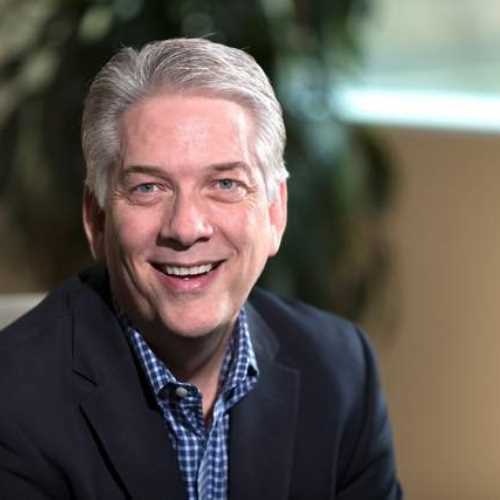
Carlos Conejo
- Multicultural Marketing and Diversity Expert
- Process Improvement and Lean Enterprise Specialist
- Six Sigma Black Belt
Travels From
California
Carlos Conejo Speaker Biography
Since 1997, Carlos Conejo has headed a consulting firm that specializes in assisting companies and organizations targeting the three largest emerging U.S. consumer market segments: the African-American, Hispanic and Asian populations that currently account for $1.5 Trillion in purchasing power! Carlos Conejo has a proven track record in several areas including Sales and Marketing, Customer Service, Process Improvement/Lean Enterprise, and Computer-based Learning. In addition, organizations often engage Mr. Conejo to conduct on-site workforce development, supervisory and management seminars in either English or Spanish.
In addition, Carlos Conejo's first-hand knowledge of workforce and organizational development in the areas involving Lean Enterprise and Six Sigma are transformational. These techniques assist organizations in increasing quality while driving out defects and variation, reducing costs and substantially increasing margins. Carlos Conejo is a Certified "Six Sigma Black Belt," receiving his certification in 2007 from Villanova University.
Carlos Conejo has been named one of the "Top U.S. Hispanic Speakers" by the Independent firm of MarketData. He served on the Hilton Hotels Corporation Multicultural Advisory Board and the Meeting Professionals International (MPI) Multicultural initiative.
Carlos has been lecturing and consulting internationally on management, supervision, organizational development, and multicultural issues in Canada, Puerto Rico and The United Kingdom, presenting to thousands of people from various organizations and companies. His clients include, Johnson & Johnson, Oakley Sunglasses-Luxotica, Pentair Pool Products, Jacuzzi Brand Products, Curtis-Wright Aerospace, The US Marines Corps, U.S. Army, U.S. Postal Service, Amgen, St. Jude's, Medtronic Mini-Med, Marie Callender's Pie Shops, Cheesecake Factory and more.
Carlos has been featured on KNBC-TV, and numerous other national television and radio shows and is the author of several books, including: Recruiting & Retaining Multicultural Employees, Motivating Hispanic Employees, Selling to Multicultural Businesses and The Crabs of Santo Domingo: The Power of Working Together.
To book diversity speaker Carlos Conejo call Executive Speakers Bureau at 901-754-9404.
Secure Talent. Build Culture. Increase Performance
The employee-employer relationship has changed. Learn how to Recruit, Retain, & Develop the best talent to outperform your competition. Gallup Harvard study shows that companies with fully engaged employees outperform their competition by 147% earnings per share. We will help identify optimum processes & technology to build infrastructure that supports growth. Let us help nail down your competitive advantage.
Operational Performance is Not for Wimps!
Today's Corporate leaders have to be rock stars in order to succeed and create dream teams that deliver results, overcome complacency, and create a compelling vision. We set out to understand why transformations fail and calculate the odds of your success. Together we will create a compelling process roadmap that aligns with your strategies to improve your future overall operational performance.
Crisis as a Catalyst to Accelerate Organizational Change
Why are some companies able to shift gears during massive change yet others stumble? Learn practical ways to effectively shorten the transition time. Describe the Executive level practices that create positive and efficient change across the company. Take a journey of 10 Fortune 500 companies to understand what they do differently to excel above all others. Discover 3 keys that accelerate change.
Reimagine The Future of Manufacturing
Are you behind in adopting 4th Industrial Revolution Technologies? Reimagine & Transform operations for growth, close the gap & accelerate to deploy advanced manufacturing technology at scale! Data & Analytics are the key accelerants of digitization & transformation efforts. Learn what technologies the industry Leaders are implementing to drive and sustain financial & operational success.























